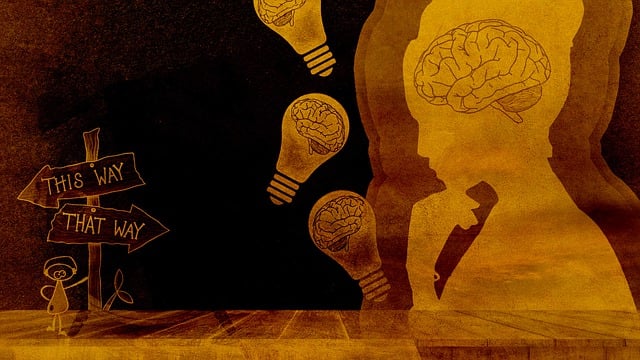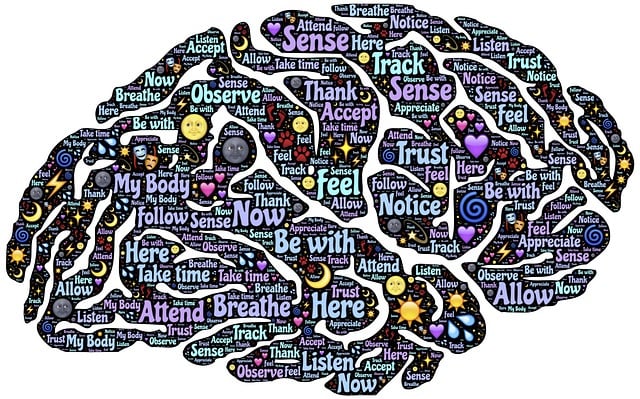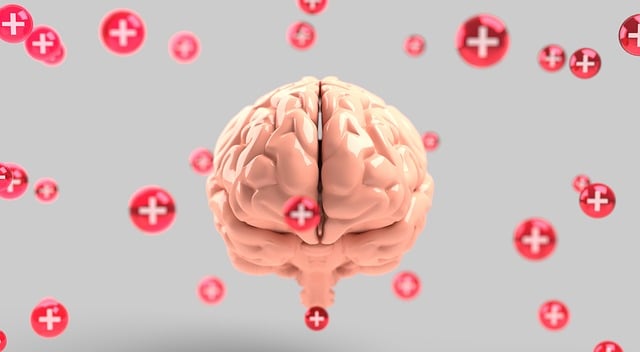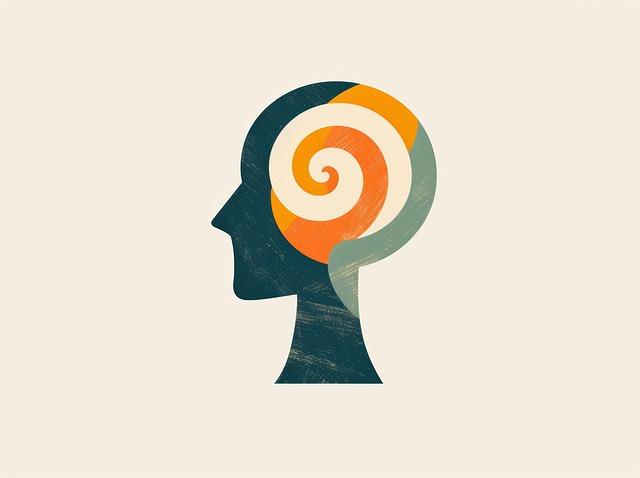Centennial Domestic Violence Therapy focuses on mood regulation as a core component of healing for individuals affected by domestic violence. Using evidence-based practices, therapists help clients manage intense emotions and complex psychological dynamics stemming from abuse. This approach integrates Mind Over Matter principles to empower victims with coping mechanisms, resilience, and strategies to break cycles of abuse, enhancing mental wellness and quality of life. Cognitive Behavioral Techniques (CBT), mindfulness, and social skills training are key components, along with risk management planning and specialized coaching programs for professionals. Building strong support systems through social connections and activities like journaling also play crucial roles in effective mood regulation and improved mental wellness.
Mood regulation strategies are essential tools for survivors of domestic violence, especially those navigating the challenges of Centennial Domestic Violence. This article explores various techniques designed to empower individuals in managing their emotional well-being post-therapy. From understanding the role of therapy in domestic violence cases to identifying triggers and employing cognitive-behavioral techniques, mindfulness practices, and building robust support systems, each section delves into actionable strategies for mood enhancement. Discover how these approaches can foster resilience and promote healing.
- Understanding Mood Regulation: The Role of Therapy in Domestic Violence Cases
- Identifying Triggers: A Step Towards Effective Mood Management
- Cognitive Behavioral Techniques for Centennial Domestic Violence Survivors
- Mindfulness and Meditation Practices for Emotional Balance
- Building Support Systems: Social Connections and Mood Enhancement
Understanding Mood Regulation: The Role of Therapy in Domestic Violence Cases

In the context of Centennial Domestic Violence Therapy, understanding mood regulation is pivotal. Domestic violence can significantly impact an individual’s emotional well-being, leading to persistent feelings of fear, anger, or sadness. Therapy plays a crucial role in helping victims navigate and manage these intense emotions, which are often intertwined with complex psychological dynamics. Through evidence-based practices, therapists assist clients in identifying triggers, developing coping mechanisms, and cultivating resilience—essential components for healing and long-term mental wellness.
Centennial Domestic Violence Therapy emphasizes the integration of Mind Over Matter Principles to counteract burnout prevention strategies for healthcare providers. By fostering mental wellness coaching programs development, individuals affected by domestic violence can learn to regulate their moods effectively. This approach not only empowers victims but also equips them with tools to break cycles of abuse and create healthier relationships, ultimately enhancing their overall quality of life.
Identifying Triggers: A Step Towards Effective Mood Management

Identifying triggers is a powerful step towards effective mood management. It’s akin to navigating a complex landscape where every turn reveals potential obstacles or smooth paths. Understanding what sets off emotional shifts allows individuals to anticipate and prepare for them. This proactive approach is especially beneficial in the context of Centennial Domestic Violence Therapy, where victims often grapple with unpredictable moods stemming from traumatic experiences. By recognizing patterns, one can begin to unravel the intricate web of triggers unique to their situation.
Self-awareness exercises play a pivotal role here. They encourage individuals to observe and interpret their emotions, thoughts, and behaviors without judgment. This introspection, coupled with social skills training and the development of a self-care routine for better mental health, can provide valuable insights into personal triggers. Armed with this knowledge, one can implement strategies to sidestep or mitigate these triggers, fostering a greater sense of control over one’s emotional well-being.
Cognitive Behavioral Techniques for Centennial Domestic Violence Survivors

For Centennial Domestic Violence Survivors, Cognitive Behavioral Techniques (CBT) offer a powerful tool in their journey towards mood regulation and emotional healing. CBT is a form of talk therapy that focuses on identifying and changing negative thought patterns and behaviors. This approach is highly effective for domestic violence survivors as it helps them challenge and reframe distorted thinking resulting from traumatic experiences. By learning to recognize and alter these cognitive processes, survivors can better manage their emotions and break free from cycles of abuse.
In the context of mental health awareness, Risk Management Planning becomes crucial for both survivors and Mental Health Professionals. This involves developing strategies to ensure safe and supportive therapy sessions, especially considering the sensitivity of domestic violence cases. Mental Wellness Coaching Programs can play a significant role in this process by offering specialized training for professionals, enabling them to provide effective CBT while prioritizing the safety and well-being of their clients. Through such initiatives, the field of Centennial Domestic Violence Therapy continues to evolve, promoting mental wellness and empowering survivors towards a brighter future.
Mindfulness and Meditation Practices for Emotional Balance

Mindfulness and meditation have emerged as powerful tools for individuals seeking to regulate their moods and enhance emotional balance. These practices, often central to Centennial Domestic Violence Therapy, encourage a non-judgmental awareness of thoughts and feelings. By focusing on the present moment, one can learn to observe rather than react to intense emotions, thereby fostering better emotional well-being.
Regular meditation sessions can significantly contribute to stress management, a crucial aspect in promoting emotional stability. Social Skills Training techniques often incorporate mindfulness exercises to help individuals navigate complex social situations with increased calmness and composure. Through these practices, individuals not only gain a deeper understanding of their emotional responses but also develop effective strategies for regulating their moods in various contexts.
Building Support Systems: Social Connections and Mood Enhancement

Building strong support systems is a pivotal aspect of mood regulation and enhancing overall mental wellness. Social connections play a significant role in navigating life’s challenges and maintaining emotional stability. Whether it’s reaching out to friends, joining community groups, or participating in social activities, these interactions provide a sense of belonging and purpose. At Centennial Domestic Violence Therapy, we emphasize the power of support networks in fostering positive thinking and boosting confidence.
One effective strategy is journaling, which offers individuals a private space to reflect on their emotions and experiences. A mental wellness journal can serve as a tool for processing thoughts, identifying triggers, and tracking progress. Through journaling exercises, people can gain valuable insights into their mood patterns, cultivate gratitude, and develop healthier coping mechanisms. This practice encourages self-awareness and promotes the development of positive thinking habits, which are essential in managing and regulating one’s mood effectively.
Centennial Domestic Violence survivors can reclaim their emotional well-being through a multi-faceted approach. By understanding mood regulation, identifying triggers, employing cognitive behavioral techniques, adopting mindfulness practices, and building strong support systems, individuals can break free from the cycle of abuse. Integrating these strategies with appropriate therapy specifically tailored for Centennial Domestic Violence cases offers a path to lasting healing and enhanced emotional resilience.














